Four Lives: The tragic story behind Stephen Merchant true-crime drama

Please note: The following article contains graphic details of crimes that some readers might find upsetting.
Stephen Merchant and Sheridan Smith lead the cast in tragic BBC true-crime drama Four Lives – a retelling of the investigation into 'Grindr killer' Stephen Port.
Anthony Walgate, 23, Gabriel Kovari, 22, Daniel Whitworth, 21, and Jack Taylor, 25, were attacked and killed by Port between June 2014 and September 2015.
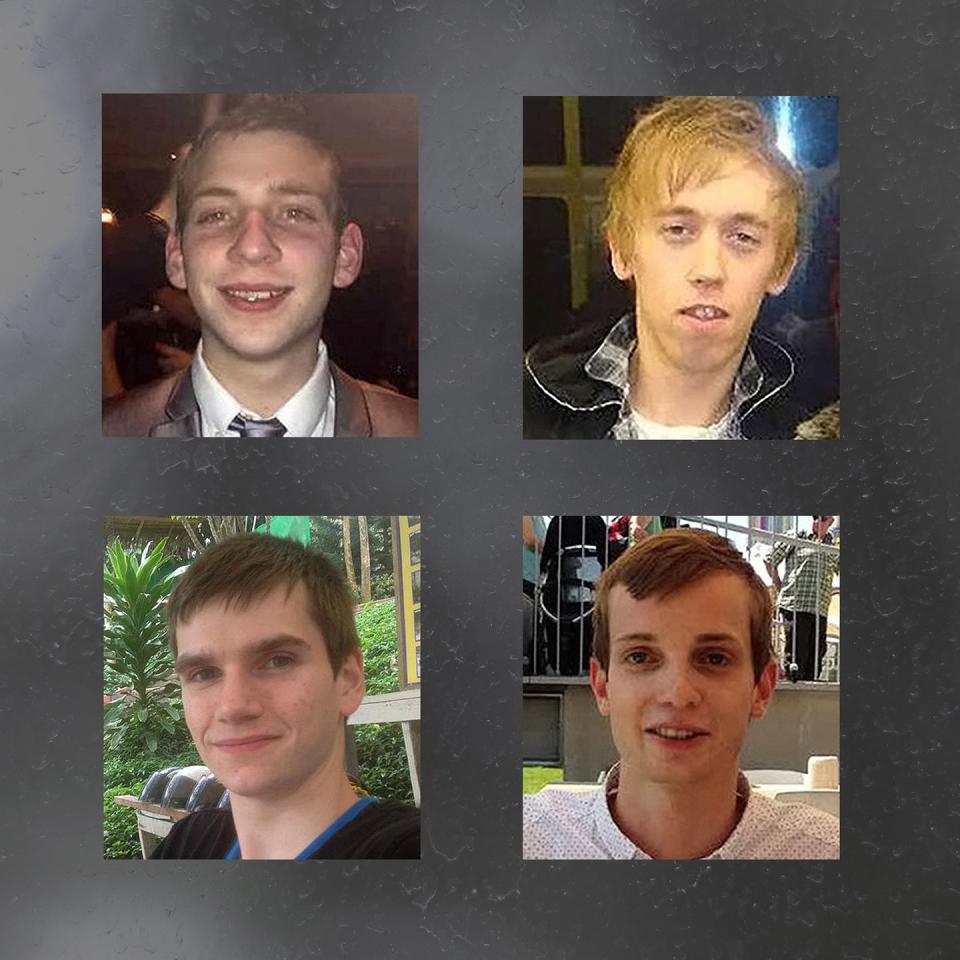
Targeting his victims using Grindr and other hook-up/dating apps, Port would lure them to his home in Barking, London, before drugging and raping them.
He disposed of their bodies outside his flat, or in a local graveyard.
Convicted in 2016 alongside 18 other charges, including four more rapes and four more sexual assaults, Port is now serving a whole-life prison sentence.
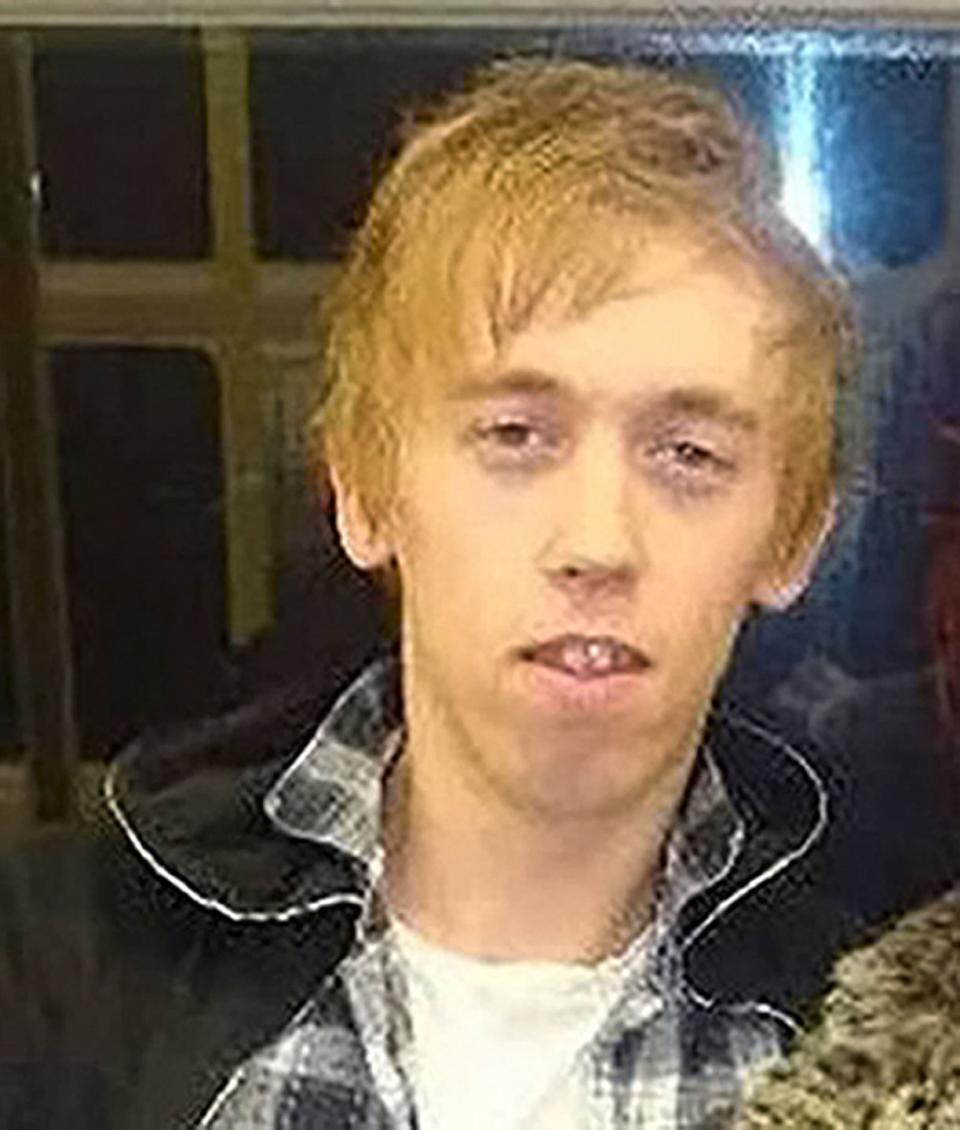
Anthony Walgate
Walgate, a student with dreams of becoming a fashion designer, was Port's first confirmed victim, after Port hired him as an escort via website SleepyBoys.
On June 19, 2014, Port dragged Walgate's body out on to the pavement outside his home, before calling the police anonymously on his mobile, claiming to be a "passer-by who saw a young man passed out". Walgate was pronounced dead by 8am.
Police traced Port to his nearby flat via the 999 call. He then changed his story, claiming to have found Walgate outside on the way to work.
His arrangement to hire Walgate as an escort was later discovered, causing Port to change his story again. He admitted to hiring him, and claimed Walgate took drugs before they had sex, and spent the night.
Port claimed he left Walgate in bed to go to work, and returned to find him still there. Realising he was "rigid", he told police he panicked and left him outside before calling it in, believing he would be implicated in the death if he identified himself.
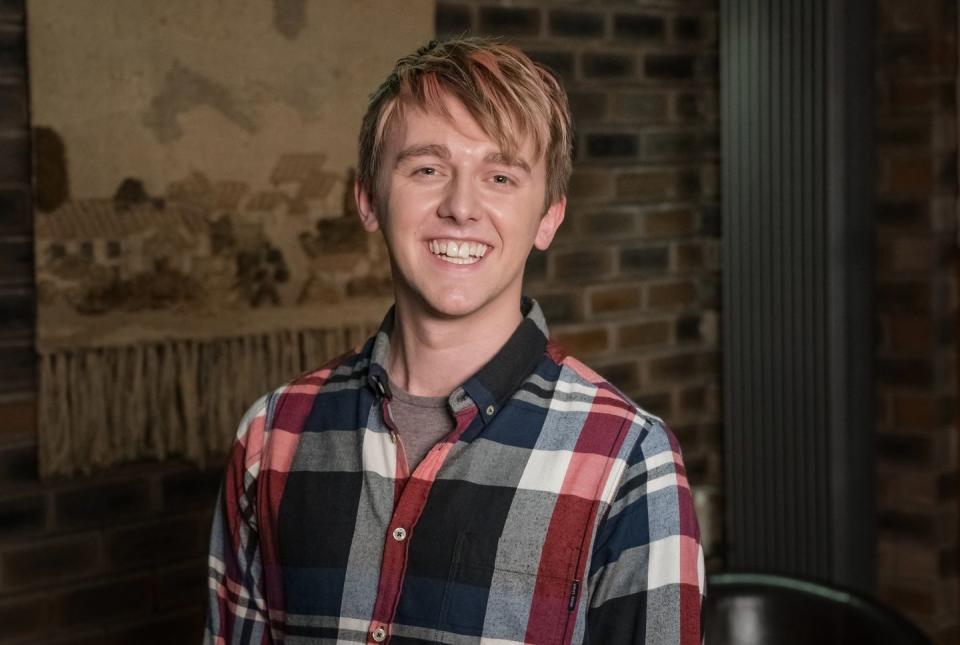
But despite lying about who he was and how he found the body, Port was only charged at the time with perverting the course of justice for his changed story.
He served four months of an eight-month sentence between February and June 2015.
It took 10 months for the police to seize Port's laptop after Walgate's death, which would have exposed the killer's obsession with drug-assault pornography.
In Four Lives, Sheridan Smith plays Walgate's mother, Sarah Sak, who fought for her son's killer to be brought to justice and demanded the police be penalised for their continued mistakes in the investigation.
She slammed the police for dismissing Walgate as a "druggie" because of the GHB found in his system. The official cause of death was listed at the time as a drug overdose.
She said (via The Guardian): "If they had done a check on Port instead of just Anthony, and looked into the police computer and seen what had been known before, and looked straight away at the laptop, the other three boys would have been saved."
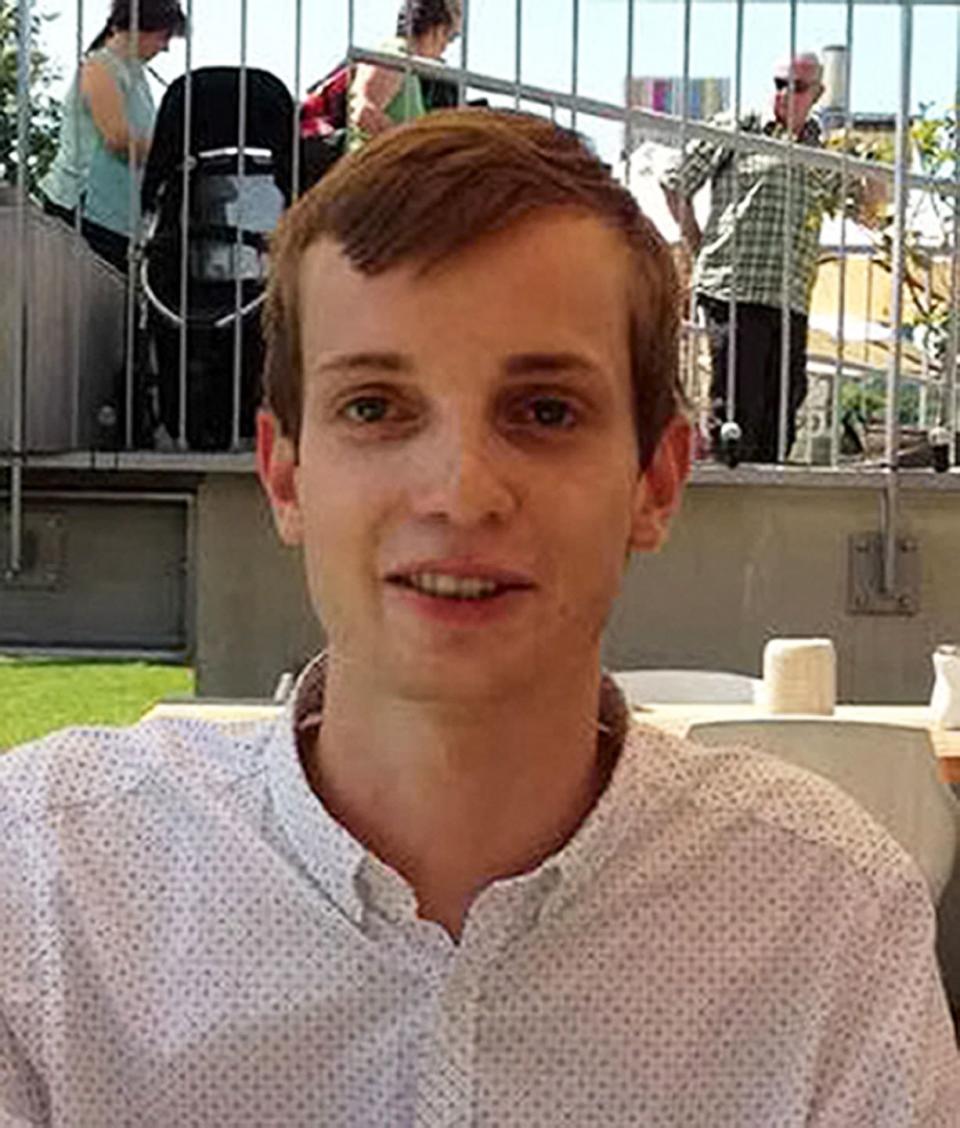
Gabriel Kovari
Kovari was originally from Slovakia but had decided to move to London in mid 2014.
He moved in with Port on 23 August, after meeting him online. Kovari told pals Port had offered him a place to stay, allowing him to live rent-free on his sofa while he found his feet in the city.
He went missing shortly after, with Port claiming to the neighbour that Kovari had gone to live with "some soldier guy" instead.

On 28 August, 2014, his body was found by a dog walker in St Margaret';s Church, Barking, less than 0.2 miles from Port's home.
Despite the body being found slumped against a wall, stomach exposed, and with GHB in his system – and the close vicinity to where Wargate was found – police failed to interview Port for the death.
Port would later lie and contact Kovari's loved ones, including his boyfriend, under the pseudonym Jon Luck, in order to get information on the investigation.
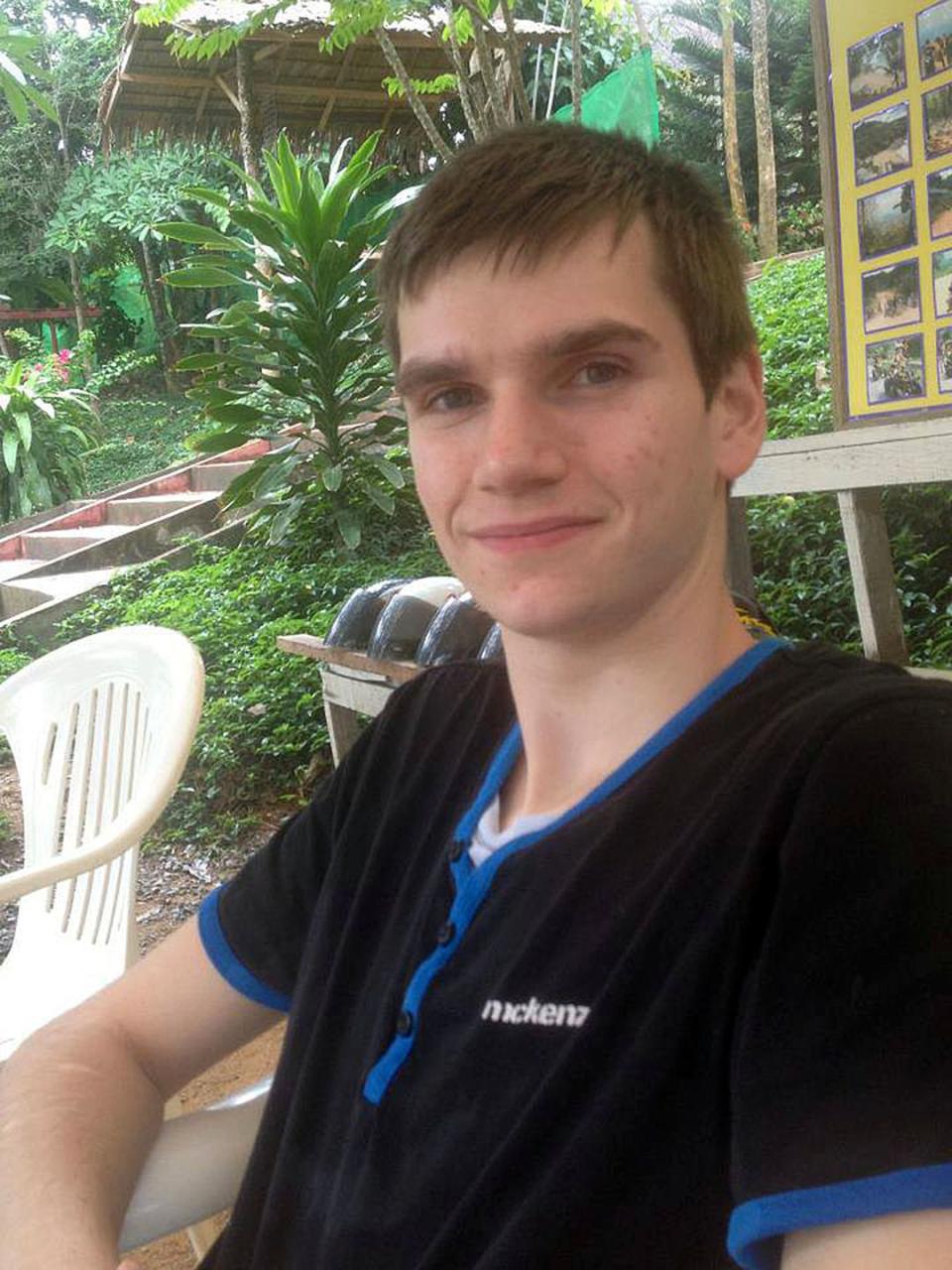
Daniel Whitworth
Whitworth lived with his boyfriend Ricky Waumsley in Gravesend, Kent, and worked as a chef before his death.
On 20 September 2014, Whitworth's body was found in the same location as Kovari's, tragically by the same dog walker.
He had met Port on website Fitlads a month before meeting up with him.
Alongside the body was a faked suicide note in which Whitworth "took accountability" for the death of Kovari.
The letter, actually written by Port, claims Whitworth killed himself out of guilt for Kovari's death, who'd overdosed while they were having sex.
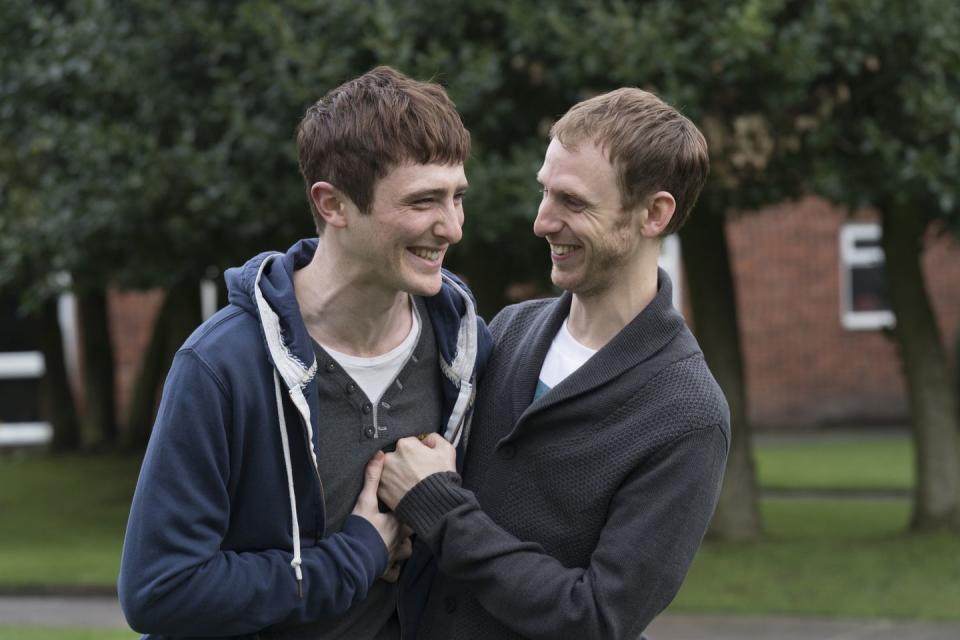
The note also urged his loved ones to "not blame the guy he was with the night before".
He was found with sleeping pills and GHB in his system, which backed up what was claimed in the note.
The police drew a line under the deaths, didn't treat them as suspicious, with open verdicts requested at the inquests.
At this point, Port was out on bail for perverting the course of justice, the charge he incurred for lying about Walgate's death.
He had deleted his Fitlads profile on 19 September.
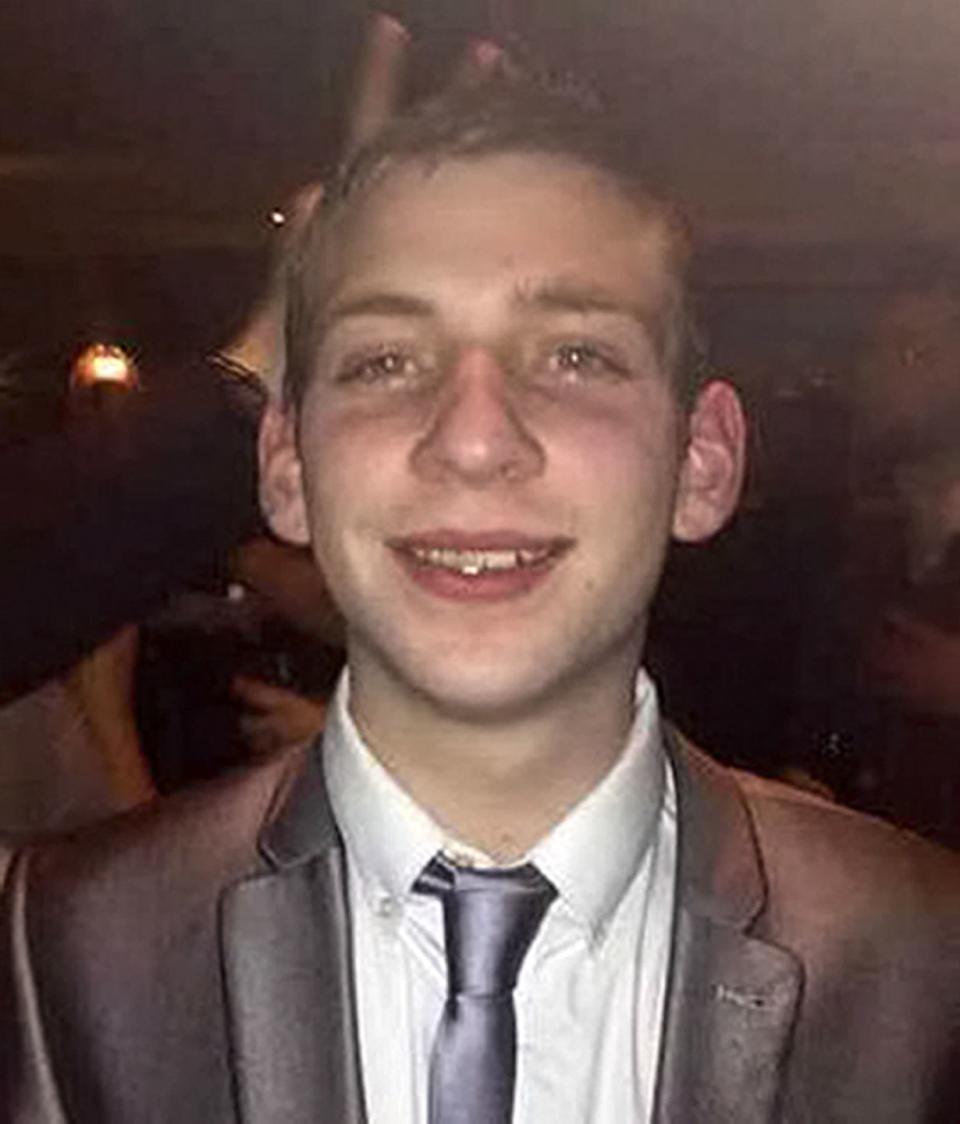
Jack Taylor
Taylor, a forklift truck driver from Dagenham, lived with his parents and sisters.
Unlike the other three victims, it's not believed Taylor was openly gay. He was Port's fourth and final confirmed victim.
His body was found on 15 September, 2015 – two months after Port was released from prison.
His last known sighting was on 13 September by his father, who had wished him goodnight as he returned home from a night out.
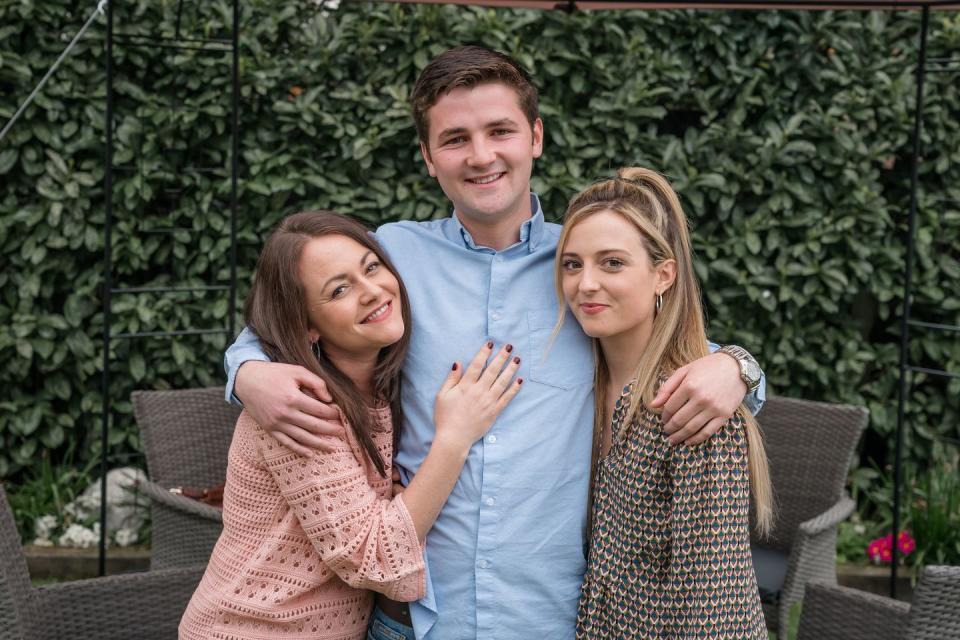
Related: You Don't Know Me: Is the BBC crime drama based on a true story?
Taylor later snuck out and got in a cab to Port’s house after talking with him on Grindr.
The pair met at Barking Station before heading back to Port’s home. Phone records reveal Taylor had been asked if he had ever taken crystal meth before, and CCTV sees the pair walking together down the high street.
Port deleted his Grindr account from his phone, and disposed of the body in the same church graveyard and in the same position as Kovari and Whitworth.
Again, the police amazingly made no connection between the three men and the death was once again ruled a drug overdose.
Taylor's family plied pressure on the police for answers, and it was eventually revealed they had CCTV footage of him with a "tall man" before he died.
When the image went public, finally a police officer who had previously interviewed Port put the pieces together.
After three days of questioning, Port was charged on 18 October with four counts of murder.
Eight other men then came forward with their own experiences of rape or sexual assault by Port, all claiming he had spiked them with GHB after matching with him on Grindr.
Several said they had not come forward over shame of the experience, fear they wouldn't be believed, or the potential repercussions for themselves if they were to go to the police.

Related: The true story behind Landscapers, Olivia Colman's new drama
Latest update: December 2021
In January 2021, it was announced that there would be a new inquest into the deaths, examining all four murders and and potential failings by the police.
The verdict was reached on December 11, 2021, where the jury concluded there were consistent police failings that could have potentially saved three out of the four victims.
This included basic checks and sending forensic evidence for examination after the first murder, which could have ultimately prevented the other three from happening.
"What has happened in connection with each of the deaths of these four young men is part of that damage, and we know has a particular impact in communities local to Barking and LGBT+ communities across London," Met Police Assistant Commissioner Helen Ball said following the verdict (via BBC News).
"It is very important now to show that we are trustworthy, that we care, that we have changed, and that we are learning."
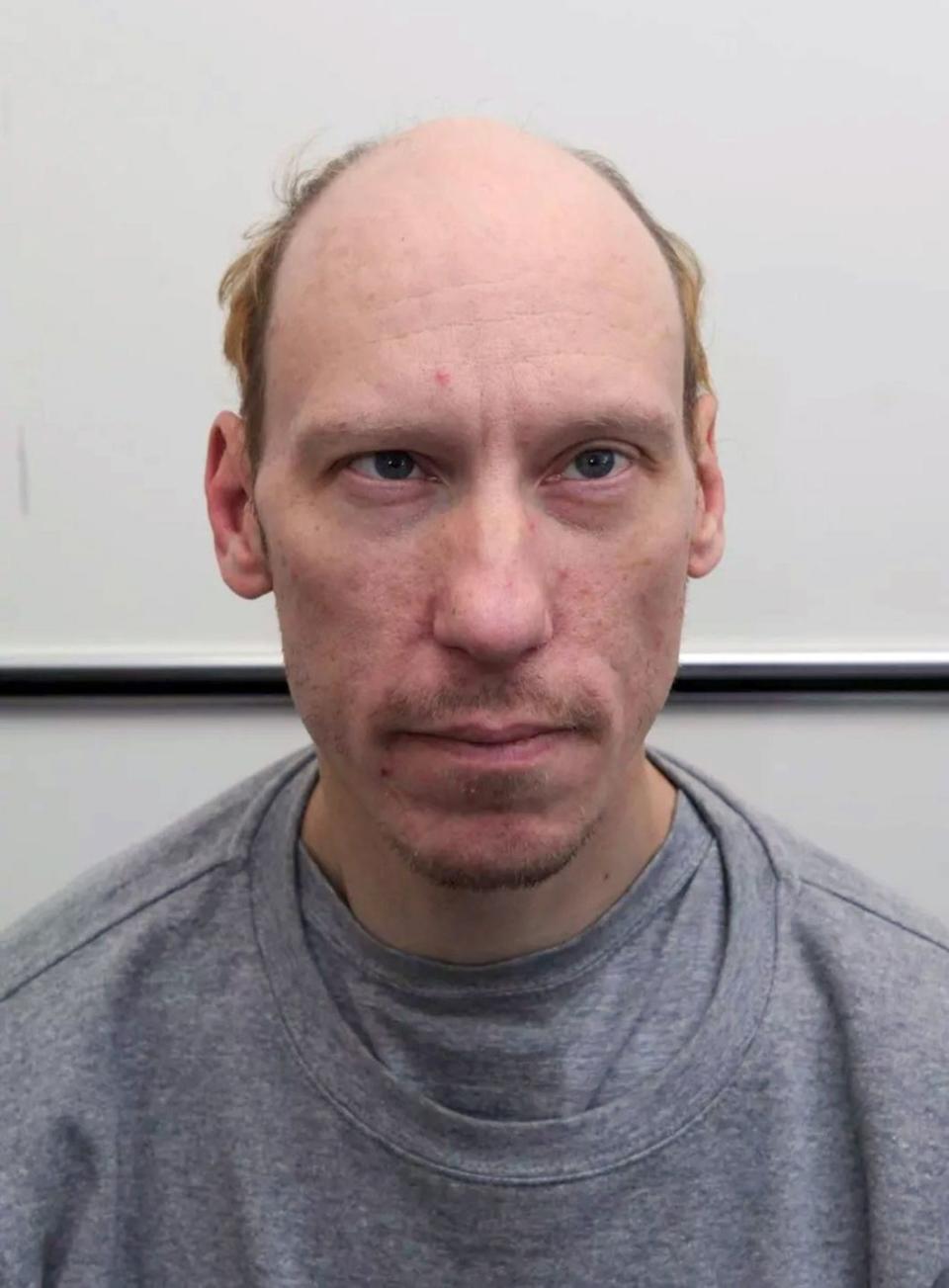
During the inquiry, Coroner Sarah Munro QC instructed the jury to not consider homophobia as an issue in the case – something the families believe played an instrumental role in the police's lack of action.
Neil Hudgell, a solicitor representing the victims, later said in a statement: "We are incensed by the police's successful attempts to prevent the jury from examining whether [homophobic] prejudice played any part in the police's action."
The results caused the Independent Office of Police Conduct to consider reopening the investigation, as no officers faced gross misconduct charges and 16 refused to comment in interviews, offering only written statements instead.
Four Lives airs January 3, 4, and 5 at 9pm on BBC One, and will be available to stream on BBC iPlayer at the same time.
You Might Also Like

 Yahoo Finance
Yahoo Finance 